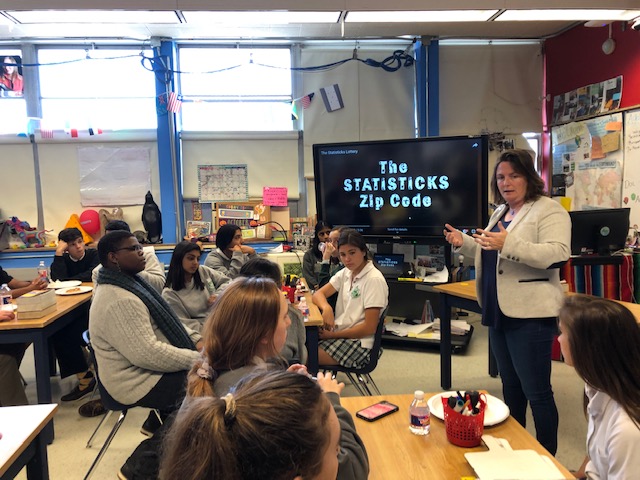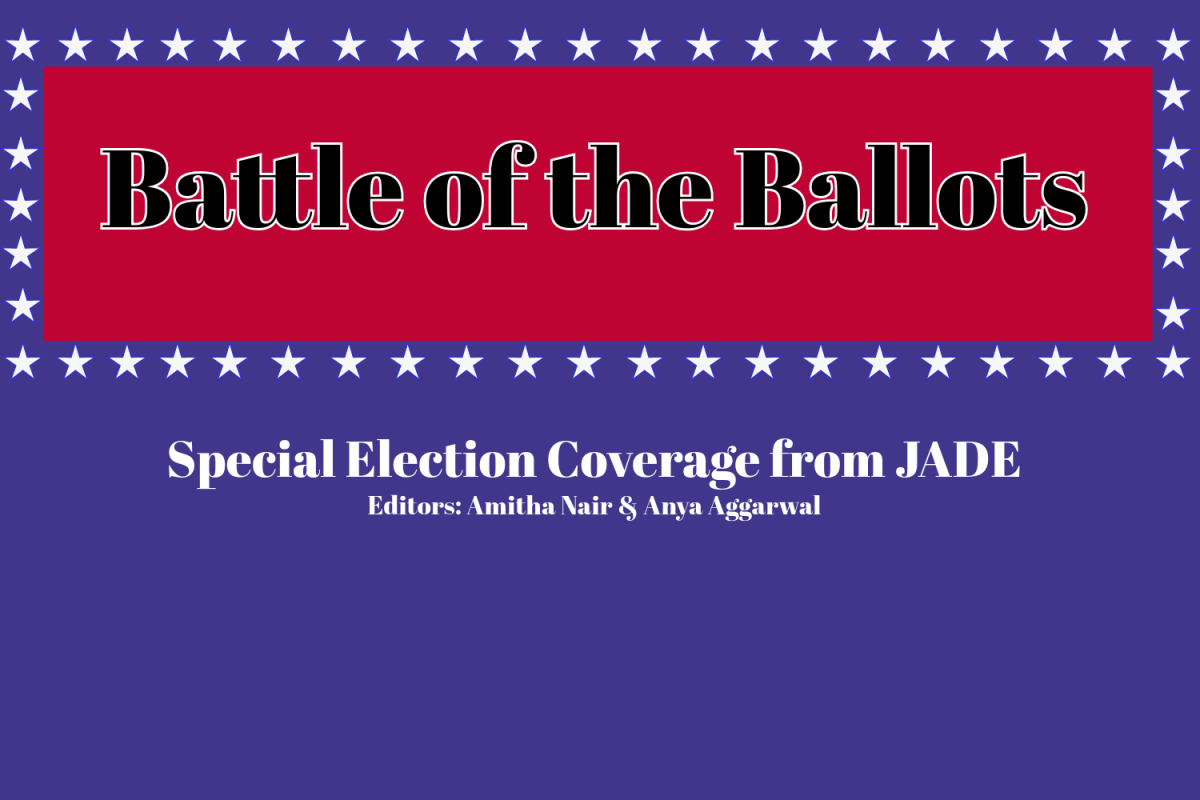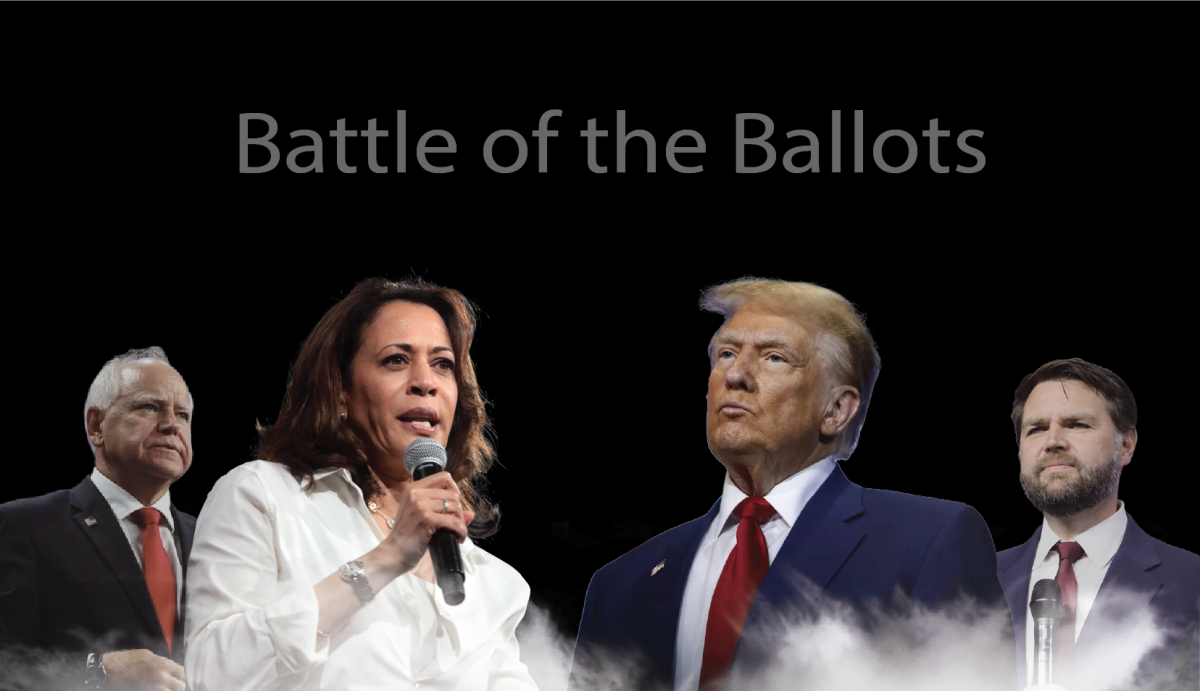How did you get your start in social impact?
Day: Out of college, I decided to do a year in a program called The Jesuit Volunteer Corps. It was a year of intentional poverty in New York City where I lived with a group of people on $70 a month. Then, I was a community organizer in the Bronx and lived there for a while and did a lot of work, which got me really inspired. At that point, I realized education was the difference maker for any community for equity to happen, so I started to put my efforts into education. I worked in a bunch of schools, got my master’s in education and then decided to get involved in social impact, directly inside of a school.
How did social impact play a role in your childhood if it did and when did you find your passion in social impact?
D: When I was a kid, my grandfather always used to get mad at me because I would stick up for different people. I have a very vivid memory of being at McDonald’s when there was a worker who had special needs, and my grandfather was being really impatient with him. I remember sticking up for the worker and not understanding why my grandfather was acting the way he was. From there, I think that justice and making a difference has always been instilled in me. When I got to college, I went to a school that was all about service and I played basketball, but as I got older, my interests really changed from sports to being involved in the community. I was working with young mothers at a homeless facility helping navigate the public school process, and after that, I realized that that was my purpose; a light went off, and as I always try to teach Hockaday students, I knew I found my purpose. Because I knew that social impact work excited me, I never turned back and kept doing work because I knew there was so much work to be done in the world. Now, I want to inspire other people to go do it.
What were your jobs before Hockaday?
D: I’m from Arlington, Texas, so not far away, but I was in Boston before I moved to Dallas. I worked at a school, and I ran a nonprofit that I founded on the side. I wanted to come home because my brother was having children and I wanted to be around my nephews. Ultimately, I got hired to work at Hockaday and St. Mark’s as the Director of Community Service for both schools, which was a massive, wild job. It felt like a really good fit because I wanted to be part of a place that is creating the leaders of the future, and I want to make sure that I’m instilled in them what I have had in my life and what has inspired me. Thus began my career at Hockaday, and this is my 13th year.
When did you first join Hockaday and what was your role and how did it evolve into your current role?
D: When I started at Hockaday, I was the Director of Community Service at both schools, but then I got the opportunity to solely work at Hockaday, and I was very excited, because I love the all-girls education and I love Hockaday. Then, I became the Director of Service Learning. After that, I realized that what we are doing at this school is so much bigger, so my title should reflect that. From there, we launched the Institute for Social Impact because what we do is so big and there are so many different pieces. Just recently, this last year, I’ve wanted to do not only what I did with social impact, but on a bigger scale with education and all the things we want Hockaday students to learn. Now, I’m kind of heading all the innovation and collaboration that the school does.
What does your day-to-day life look like?
D: Ha! I have the craziest job on campus, hands-down. My day is different every 20 minutes; I got from teaching in elementary school to being involved in one of our 30 social impact classes to being on some sort of engagement trip to meeting with big time business leaders to know what skills we need to be building in Hockaday students. My days are awesome because they’re never the same. It is so jam packed because I work with everybody at the school and am involved in so many pieces. I also have to keep being in the community and keep making connections and offering things that Hockaday students need. I’m not only making sure all these programs are running, but also coming up with new ideas and going out making sure that I’m meeting the right people so that our students have the best experience. When I go home to my family, I don’t know how to explain the 85+ things I’ve done. My job is fun, wild and perfect for my personality.
What’s your favorite/most rewarding part of your job?
D: No question, the students are the only reason I do this; it’s because of you guys. Just today, I had a student who graduated in 2023 come back to visit me, and it makes me so happy to see you all. It makes me happy and joyful to see Hockaday students thriving and finding their purpose; it means the world to me. Our students are so important for the future and that is why I do my job.
What is your least favorite part of your job?
D: It’s funny, but I’m really bad with “office work,” such as filling out my American Express. I want to build programs, teach classes and be with students, so I don’t want to do the day-to-day office tasks. I’m pretty bad at office work and it’s not my thing.
Who do you interact with within Hockaday the most and outside of Hockaday?
D: Within the Hockaday community, I interact with Ms. Laywell, Dr. Tevis and Dr. Leathers. Outside of Hockaday, I spend a ton of time with the people at the data science lab department at SMU. I’m really trying to build a data science program for our school because that is where the world is heading. I’m usually on the phone or having coffee with a specific professor from SMU to keep them working with us and helping us.
What advice would you give to someone who is passionate about social impact?
D: Listen, I got one piece of advice. I’ll tell you two things. There was this one time and I’ll never let it go. I don’t listen to anybody tell me no. If somebody says no, I act as if it didn’t happen, I just throw it away. I chase the yeses and let go of the nos and I don’t let them get me down. And the other thing, and this has been something I have held near and dear to my heart since I was about 21 years old. I always try to do what is right, no matter what. I vote in an election every time, even if my candidate’s going to lose, I don’t care because that’s what’s right. I’m going to show up for something because I know it’s right. If you do what’s right inside, in your soul, and for you, it works. I can’t tell you how much it works.
What do you do to help students in the Hockaday community to find a social impact project based on their passions?
D: I start working with students from the age of four. I talk to students about social impact and build it into their curriculum, and I build it into sports, and I build it into arts, and I build it into music. So that way, it’s almost like you can’t not find your way. And that’s the hope, is that you can find it in every space of the community. I’m a yes person. If you’ve ever come to my office and you have an idea, I’ve almost always been like, “Yes, and let me help you figure out how to do it.”




